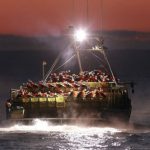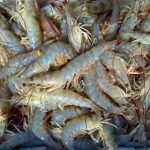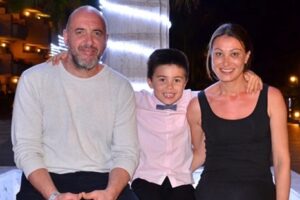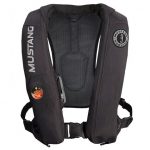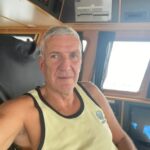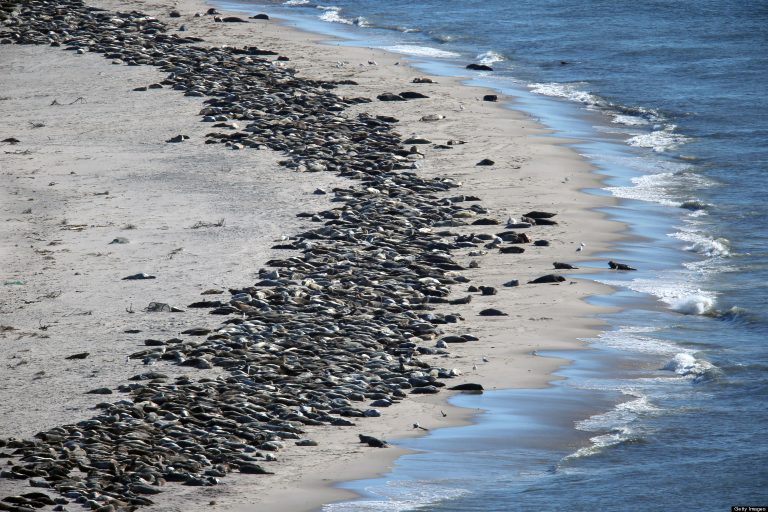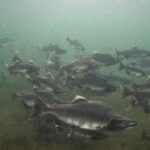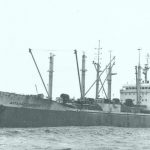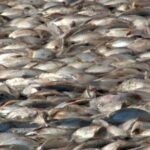Daily Archives: November 13, 2016
Bioengineers look to Alaska Pollock to help save lives
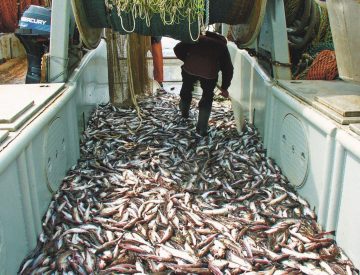 When researchers at the University of Tsukuba in Japan were looking for biomaterials that could improve the performance of surgical sealants, they turned to a familiar cold-water fish: Alaska Pollock. The results of their tests on rodent and pig tissue were published in Colloids and Surfaces B: Biointerfaces, a peer-reviewed scientific journal that focuses on bioengineered materials, in October. Surgical sealants are mainly used to stop bleeding in wounds from surgical cuts during a procedure. The first sealants were invented in 1909, and made from human plasma and an enzyme derived from cattle. But according to a rehash of the technology’s history, (“Evolution of hemostatic agents in surgical practice,” Indian Journal of Urology, 2010), they came with steep drawbacks. Patients’ immune systems often reacted poorly to the material. And at the time, human plasma screening was inadequate to prevent transmission of blood-borne viruses to patients. This led to new viral infections. Read the story here 18:40
When researchers at the University of Tsukuba in Japan were looking for biomaterials that could improve the performance of surgical sealants, they turned to a familiar cold-water fish: Alaska Pollock. The results of their tests on rodent and pig tissue were published in Colloids and Surfaces B: Biointerfaces, a peer-reviewed scientific journal that focuses on bioengineered materials, in October. Surgical sealants are mainly used to stop bleeding in wounds from surgical cuts during a procedure. The first sealants were invented in 1909, and made from human plasma and an enzyme derived from cattle. But according to a rehash of the technology’s history, (“Evolution of hemostatic agents in surgical practice,” Indian Journal of Urology, 2010), they came with steep drawbacks. Patients’ immune systems often reacted poorly to the material. And at the time, human plasma screening was inadequate to prevent transmission of blood-borne viruses to patients. This led to new viral infections. Read the story here 18:40
As of Monday, at 12:01 a.m., Commercial fishing ends at Northeast Canyons and Seamounts Marine National Monument
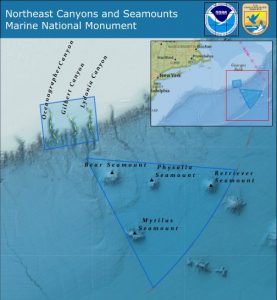 As of Monday, virtually all commercial fishing will be banned from the newly created Marine National Monument that includes the off the coast of southern New England. The closure includes more than 4,900 square miles of ocean, or about the same area as the state of Connecticut, about 130 miles east-southeast of Cape Cod. The Northeast Canyons represent 941 square miles of that total, while the protection afforded the Seamounts stretches over 3,972 square miles. Currently, only lobster and red crab fishing are exempted from the closure. Those fisheries are grandfathered in for seven years before they also will be excluded and the area wholly shut off to commercial fishing. The closure, widely criticized by fishing stakeholders as an end-run around the established national fishery management system, is a product of President Obama’s use of the Antiquities Act on Sept. 15 to create the new Northeast Canyons and Seamounts Marine National Monument. Read the story here 17:52
As of Monday, virtually all commercial fishing will be banned from the newly created Marine National Monument that includes the off the coast of southern New England. The closure includes more than 4,900 square miles of ocean, or about the same area as the state of Connecticut, about 130 miles east-southeast of Cape Cod. The Northeast Canyons represent 941 square miles of that total, while the protection afforded the Seamounts stretches over 3,972 square miles. Currently, only lobster and red crab fishing are exempted from the closure. Those fisheries are grandfathered in for seven years before they also will be excluded and the area wholly shut off to commercial fishing. The closure, widely criticized by fishing stakeholders as an end-run around the established national fishery management system, is a product of President Obama’s use of the Antiquities Act on Sept. 15 to create the new Northeast Canyons and Seamounts Marine National Monument. Read the story here 17:52
Tsunami hits New Zealand after magnitude-7.8 earthquake strikes near Christchurch
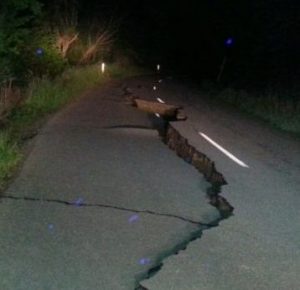 A tsunami has hit after an earthquake struck New Zealand’s South Island. The US Geological Survey said the magnitude-7.8 quake hit just after midnight (11:02 GMT on Sunday), some 95km (59 miles) from Christchurch. The tsunami arrived in the north-eastern coast about two hours later. Officials said the first waves may not be the largest, with tsunami activity possible for several hours. Residents were warned to head inland or for higher ground along the coast. A gauge at Kaikoura, 181 km (112 miles) north of Christchurch, measured a wave of 2.5m (8ft 2ins), according to Weatherwatch.co.nz. Smaller waves are said to be arriving in Wellington and other areas, the website said. But the ministry of civil defence has said the highest waves, which could be as tall as 5m are expected between Malborough, the north-eastern tip of the South Island, and Banks Peninsula, just south of Christchurch. Read the story here 11:08
A tsunami has hit after an earthquake struck New Zealand’s South Island. The US Geological Survey said the magnitude-7.8 quake hit just after midnight (11:02 GMT on Sunday), some 95km (59 miles) from Christchurch. The tsunami arrived in the north-eastern coast about two hours later. Officials said the first waves may not be the largest, with tsunami activity possible for several hours. Residents were warned to head inland or for higher ground along the coast. A gauge at Kaikoura, 181 km (112 miles) north of Christchurch, measured a wave of 2.5m (8ft 2ins), according to Weatherwatch.co.nz. Smaller waves are said to be arriving in Wellington and other areas, the website said. But the ministry of civil defence has said the highest waves, which could be as tall as 5m are expected between Malborough, the north-eastern tip of the South Island, and Banks Peninsula, just south of Christchurch. Read the story here 11:08
Lobstermen Under 40 Invited to Lobster Leadership Institute
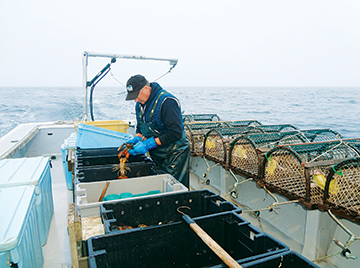 Maine lobstermen younger than 40 years old are invited to take part in the second Maine Lobster Leadership Institute, offered by the Maine Lobstermen’s Community Alliance. The deadline for application is December 15. The Institute begins in January with a two-day workshop that will focus on the management, science and business aspects of the lobster industry in a globalized economy. Later in the winter, participants will attend a Joint Committee on Marine Resources session in Augusta, fisheries presentations at the Maine Fishermen’s Forum in March, meetings of the state Lobster Advisory Council, lobster zone councils of the Maine Lobstermen’s Association, and other events, such as the Boston Seafood Show, relevant to the Maine lobster fishery. The Institute will culminate with an exchange trip to meet with lobstermen on Prince Edward Island in May, with a program wrap-up in June. Read the rest here, including contact info for signing up! 10:35:27
Maine lobstermen younger than 40 years old are invited to take part in the second Maine Lobster Leadership Institute, offered by the Maine Lobstermen’s Community Alliance. The deadline for application is December 15. The Institute begins in January with a two-day workshop that will focus on the management, science and business aspects of the lobster industry in a globalized economy. Later in the winter, participants will attend a Joint Committee on Marine Resources session in Augusta, fisheries presentations at the Maine Fishermen’s Forum in March, meetings of the state Lobster Advisory Council, lobster zone councils of the Maine Lobstermen’s Association, and other events, such as the Boston Seafood Show, relevant to the Maine lobster fishery. The Institute will culminate with an exchange trip to meet with lobstermen on Prince Edward Island in May, with a program wrap-up in June. Read the rest here, including contact info for signing up! 10:35:27
Perhaps this will help today – Shifting to the Other Side
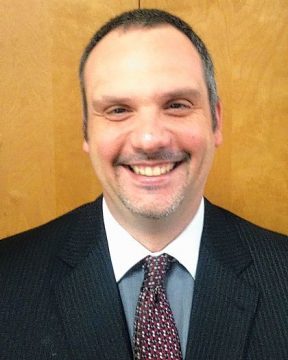 A small shift can make a major difference in the harvest we reap. Peter along with Thomas, Nathanael, James, John and two other disciples decide they are going fishing (John 21:1-11). Most of these men were professional fishermen before Jesus called them. These men knew how to fish. They knew what it would take to catch fish. They had been catching fish for the majority of their lives. Fishermen understand what it takes to catch fish. Fishing sometimes calls for us to use different types and styles of bait. Fishing can also require us to change locations until we can find the fish. Fishermen have to be versatile in their approach to catching fish. Peter and his friends fished all night from the same side of the boat and caught nothing. Jesus came walking on the shore the next morning asking, “Children have you any meat”? They answered no. “Cast your net on the other side.” Read the rest here 09:53
A small shift can make a major difference in the harvest we reap. Peter along with Thomas, Nathanael, James, John and two other disciples decide they are going fishing (John 21:1-11). Most of these men were professional fishermen before Jesus called them. These men knew how to fish. They knew what it would take to catch fish. They had been catching fish for the majority of their lives. Fishermen understand what it takes to catch fish. Fishing sometimes calls for us to use different types and styles of bait. Fishing can also require us to change locations until we can find the fish. Fishermen have to be versatile in their approach to catching fish. Peter and his friends fished all night from the same side of the boat and caught nothing. Jesus came walking on the shore the next morning asking, “Children have you any meat”? They answered no. “Cast your net on the other side.” Read the rest here 09:53
Footage of possible illegal fishing activity lost in embarrassing botch-up
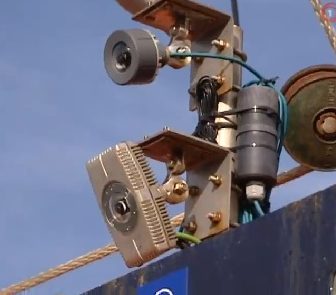 The Ministry of Primary Industry has admitted up to 80 per cent of camera footage has been lost during the first three months of their pilot programme. Flash new on board cameras were MPI’s big answer to cleaning up the fishing industry’s battered reputation. Trident Systems Chief Executive, David Middleton said Trident, “had a very high failure rate, we’ve replaced about 80% of the cameras that we initially put out”. Commercial Fisherman, Dave Moore said “all of the fishermen themselves would like that to be ironed out and maintain the integrity of the programme”. David Middleton says they’ve largely solved issues with water damage, power supply and transmitting footage by wifi. But now their new equipment is struggling with signal interference. Read the story here 08:51
The Ministry of Primary Industry has admitted up to 80 per cent of camera footage has been lost during the first three months of their pilot programme. Flash new on board cameras were MPI’s big answer to cleaning up the fishing industry’s battered reputation. Trident Systems Chief Executive, David Middleton said Trident, “had a very high failure rate, we’ve replaced about 80% of the cameras that we initially put out”. Commercial Fisherman, Dave Moore said “all of the fishermen themselves would like that to be ironed out and maintain the integrity of the programme”. David Middleton says they’ve largely solved issues with water damage, power supply and transmitting footage by wifi. But now their new equipment is struggling with signal interference. Read the story here 08:51

































